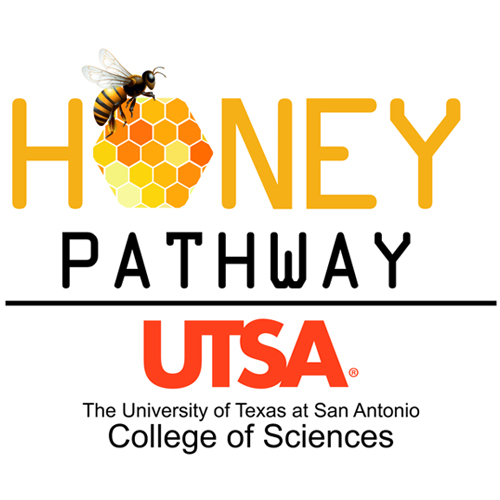Welcome to our HONEY Pathway research projects page! Here you will find our most recent discoveries and advancements in honey research. Our team of researchers and students are constantly working on new initiatives to uncover the benefits of honey in treating various ailments, as well as honey quality and honeybees. With a focus on both traditional and modern methods, we aim to expand the knowledge and understanding of honey's healing properties.
Antimicrobial Properties of Local TX Honeys
These projects aim to investigate the antimicrobial potential of local honey samples collected from Texan beekeepers. We are exploring the antibacterial activities of honeys against the pathogens causing skin and oral diseases such as acne, dermatitis, dental caries, strep throat, etc. Our findings have the potential to contribute to the development of more effective antibacterial agents against various pathogens.
Antioxidant Properties of Local TX Honeys
In this project, we are examining the antioxidant potential of local honey samples to alleviate the effects of reactive oxygen species on our body. We are investigating the phenolics, and flavonoids within the local honeys and their potential to scavenge free radicals. Our findings have the potential to contribute to the development of new treatments for the diseases caused by oxidative stress, such as cancer, cardiovascular, neurological and gastrointestinal diseases.
Honey as a Natural Preservative
This project investigates the potential of honey as a natural preservative for food products, especially meats. We are exploring the antimicrobial and antioxidant properties of local honeys and how they can be used to extend the shelf life of meat products. Our findings have the potential to contribute to the development of more sustainable and natural preservation methods.
Honey Quality and Authenticity
In this project, we are examining the authenticity and sensory analysis of grocery store and local beekeeper honeys. We are investigating the physicochemical and sensory characteristics, pollen content, and biological activity potential of honeys and how they can help us identify the blended, processed, and adulterated honey. Our findings have the potential to contribute to the development of new measures to identify and prevent honey fraud.
Medical Applications of Honey
In this project, we explore the therapeutic potential of honey for allergies, coughs, and gastrointestinal issues in children of the ages two to twelve. This investigation aims to comprehensively examine honey's effectiveness across a range of common childhood ailments. This study contributes to advancing knowledge in pediatric healthcare and emphasizes the need for continued exploration of medical-grade honey in contemporary medical settings.
Behaviors of Honeybees During Eclipses
Eclipses are known to affect animal behavior, but there have been limited studies on the subject due to the rarity of sighting an eclipse in any specific location. By studying how honeybees navigate during eclipses, we can gain valuable insights into their sensory and navigational abilities and how they respond to environmental changes. In Texas, an Annular Solar Eclipse occurred on October 14, 2023, with a Total Solar Eclipse following this path on April 8, 2024. Our research team used acoustic and video recorders to capture the differences in honeybee behavior during sudden changes in light intensity caused by annular and total solar eclipses. Our findings explain the complex relationship between honeybees and their environment.


